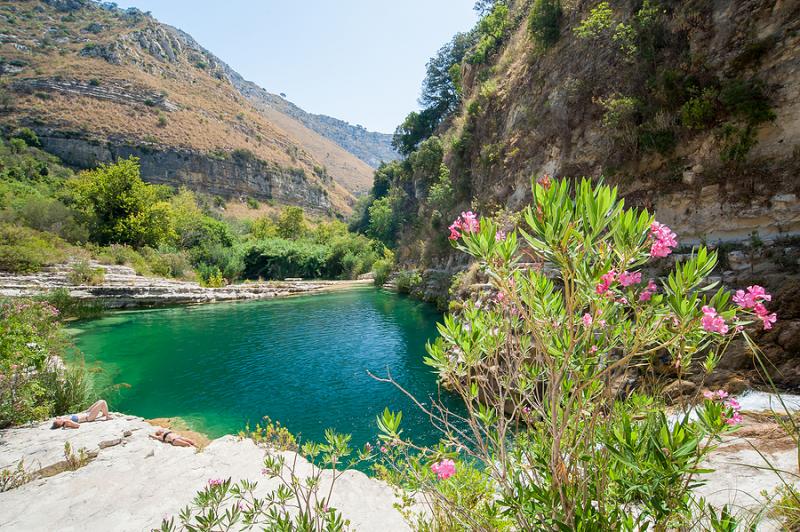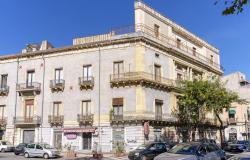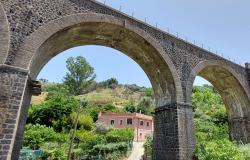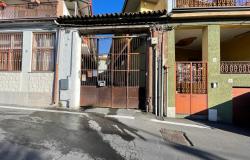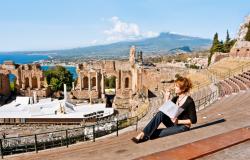A corner of wild Sicily has been selected by CNN as one of the world’s top 20 best places for swimming.
Located between Avola, Noto and Syracuse, in south-eastern Sicily in the spectacular Cavagrande del Cassibile Natural Reserve, the spot is known locally as ‘Laghetti d’Avola’ (small lakes of Avola) for the pools of fresh water set among rocks deep within a canyon, reached after a 90-minute hike.
The Laghetti d’Avola are part of a 2,700-hectare nature reserve where the Cassibile river flows for ten kilometers forming a spectacular canyon, with walls even reaching a height of 300 meters in certain parts. The river, with its continuous erosive action over the centuries, has created a deep valley, and, on the valley floor, you can find small waterfalls and natural bathing reservoirs.
The reserve has a rich flora and fauna, with wild orchids (34 different species, many endemic of Sicily), plane trees, ivy, willows, oleanders, and ferns, butterflies flying around and foxes roaming the area.
There are also several historic places in the reserve, including the Grotta dei Briganti, a group of small communicating caves into the rock where bandits took refuge in the late 19th century; the rock complex of Dieri, a village built into the rock between the 11th and 9th centuries BC; the remains of nine water mills.
It is advisable to contact the local hiking guides before venturing out on the trail to check which ones are open, and, even better, hire them to guide you. Make sure to bring your swimsuit and a towel to lie on the rocks after a well-deserved dive into the clear waters of the lakes.
Here’s how CNN describes it all:
“For those who prefer their swims to come after a long hike through spectacular countryside, this dip in the heart of the Cavagrande del Cassibile is unbeatable.
Two azure pools sit deep within a canyon, all the more tempting at the height of summer having spent 90 minutes descending along a path that passes through lush woodland, limestone cliffs rising high on either side.
Bring a towel and a picnic to spread out on the rocks.”
